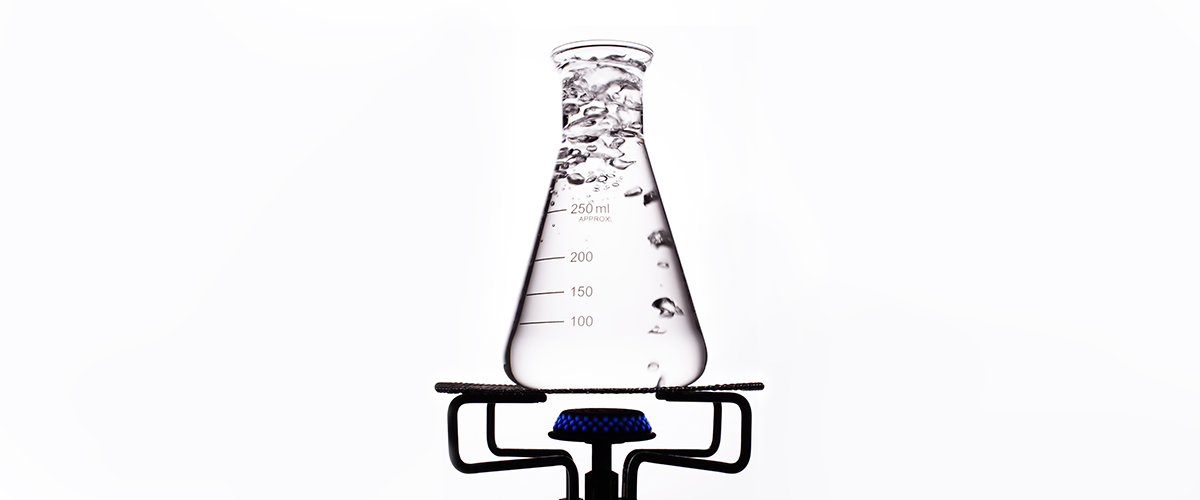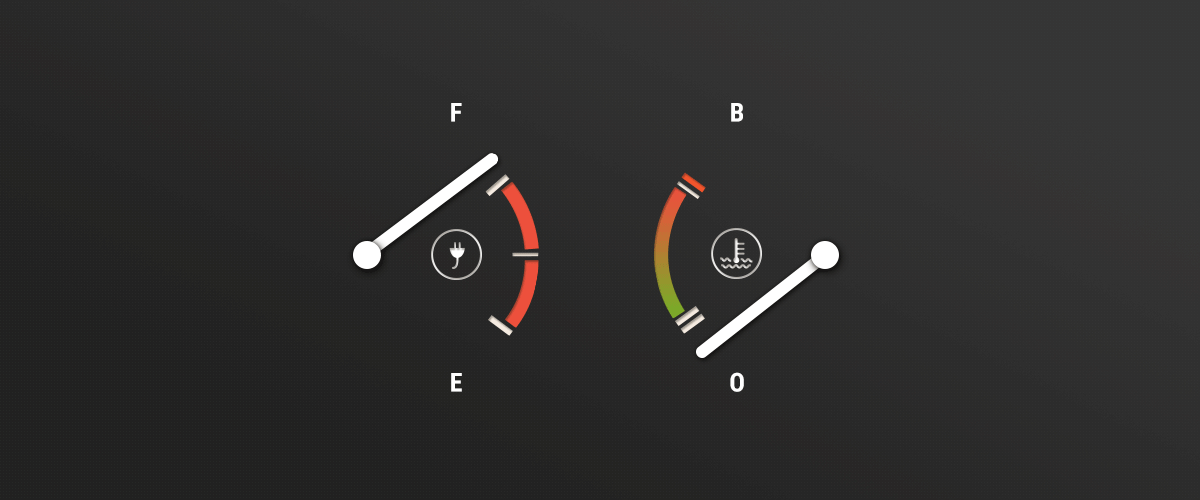Here, contamination means a formation of deposits, mostly on the heating surface, which prevents the heat from dissipating and/or accelerates corrosion.
In particular in case of electrical heating elements the formation of deposits must be avoided and/or the forming deposits must be removed quickly. Since electrical heating elements have constant heating power (a so-called an impressed heat flux density), the heating element will become the hotter the worse the heat dissipation is. For the low-temperature range there are PTC heating elements which adjust the heating power downwards whenever they become too hot. However, these heating elements are limited with respect to the heating power and the maximum application temperature. In most cases these self-limiting heating elements are used for pipe tracings.
Wherever dirty heat exchangers no longer provide their power "only", electrical heating elements will be destroyed quickly. The deposits hinder the heat dissipation; the heating element will become increasingly hotter and corrosion processes will be accelerated highly in most cases.
Therefore, cleaning the heating surface is of major importance. Only compatible cleaners may be used for cleaning. In particular, the use hydrochloric acid is strictly prohibited. Cleaners containing chloride extremely damage the heating surfaces, and a failure is unavoidable.
Only cleaning and/or decalcification agents which are free of chloride and approved for the respective materials must be used.
Also, please note that mechanical action may be required for removing the deposits. "Bathing" in cleaners only is not always sufficient.

